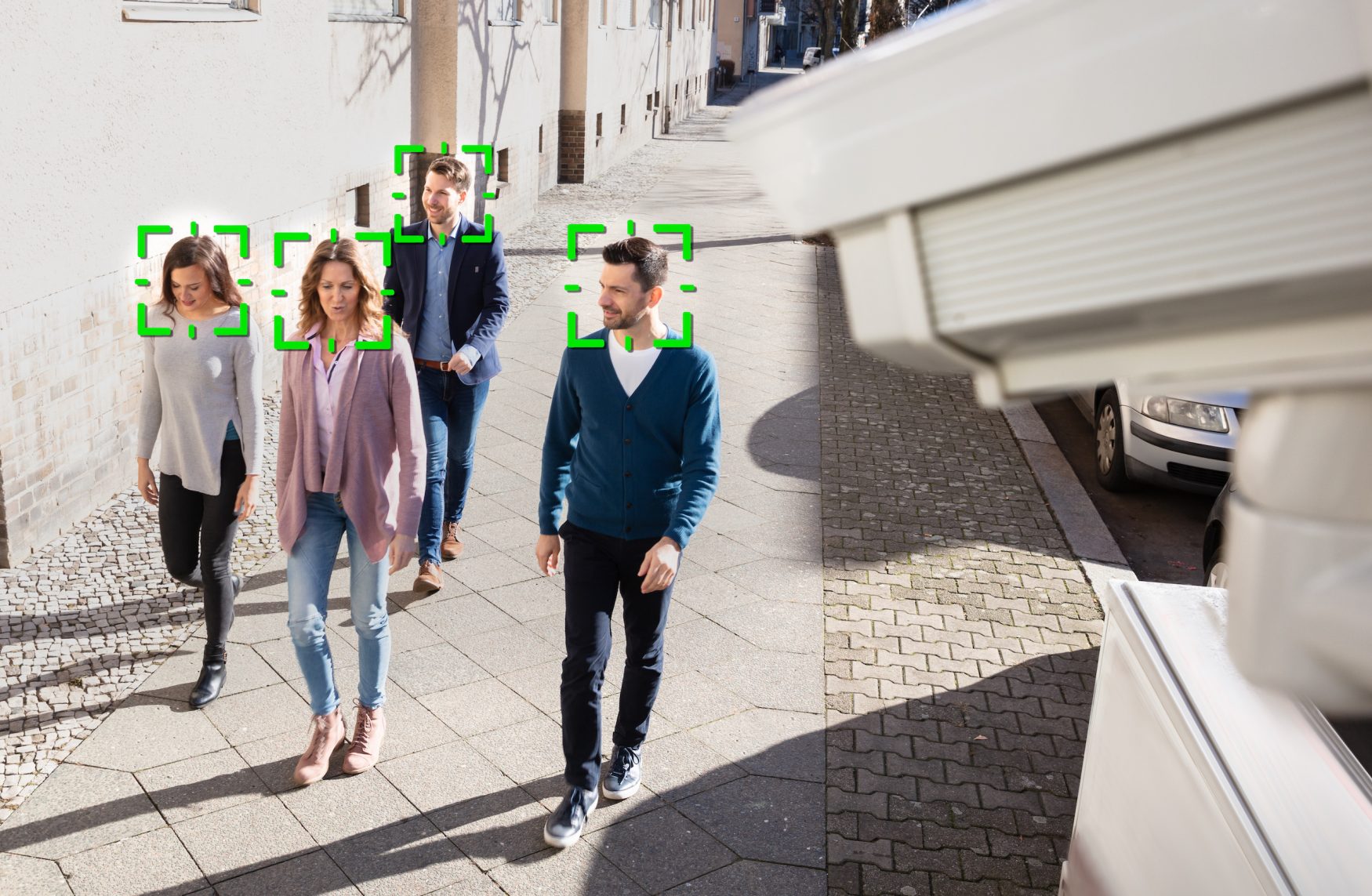
Who Benefits from the Information on Facial Recognition Technology?
Big Business Benefits From Information on Facial Recognition Technology at the Expense of Citizens Privacy Rights.
The wealth of information on information on facial recognition technology has led to accuracies which no one had envisioned a few years before.
Unseen accuracies are creating excitement among international actors who are even misusing them for selfish intrastate gains.
The use of a three-dimensional perspective for face recognition which stores information on facial features in he form of a mathematical space has totally violated the most valued of all civil liberties: privacy.
The CCTV system being by the US and England, among other countries, grossly violates the rights of the masses to privacy.
This, authorities in these countries say, is a counter-terrorism measure, and that certain liberties need to be sacrificed if the war against terrorism is to be won.
It is possible to have access to information about suspected terrorists without necessarily putting surveillance cameras in public utilities, retail outlets and bus stations.
States can have all the information on suspected criminals by manning the borders well and a good case in support of this claim is the Australian automatic border surveillance system dubbed Smart Gate.
The U.S. State Department is the Biggest User of Facial Surveillance Techniques
The U.S. state department boasts of the largest face recognition information system.
This is because of the large number of people who move in and out of the country.
The Verichip project is also a source of information on facial recognition technology by virtue of the wide geographical area covered because people all over the world like going to the US in search for better job opportunities.
If the suggestions by former president bush concerning the use of Verichip are implemented, more information will be available.
Foreigners working in the United States will no longer have privacy, as all their movements will be tracked.
Facial Recognition and Verichip
Information on facial recognition technology has recently been integrated into projects such as the Verichip.
This means citizens will have to wait a little longer before their right to privacy can be respected.
The assertion that the public have to sacrifice their privacy in order to be protected is no longer tenable.
It is simply the insensitivity by governments especially of the world’s most powerful countries to the priorities of the masses that leads to this antagonism.
State players are often motivated by such low-priority goals such the fight against terrorism.
They also have a wide range of illegitimate applications that easily pass for security systems.
What About the Right to Privacy?
The privacy concerns regarding information on facial recognition technology are getting the support of the international community since the interests of the Big Brother never surpass those of humanity the world over.
If the emergence of surveillance societies is anything to go by, you never know which other system the US is going in war.
It should be borne in mind that RFDI chips were used in the Afghanistan war to deprive charity agencies working there of vital links to information.
If this technology is taken away from social places, public protest against facial technology may ease.
The issue that will remain unresolved is about how international state actors will continue to relate with each other when all entry points are full of CCTV cameras.
To scour through even high-powered delegations of other countries is a sign of indispensability by some of the states who call the shots in international politics.

 My First Amazing Ayahuasca Experience
My First Amazing Ayahuasca Experience  Pine Needle Tea
Pine Needle Tea  The REAL Controllers of Humanity: The Papal Bloodlines
The REAL Controllers of Humanity: The Papal Bloodlines  Is it Global Warming or Cooling?
Is it Global Warming or Cooling?  Gun Rights and Obama Examined
Gun Rights and Obama Examined